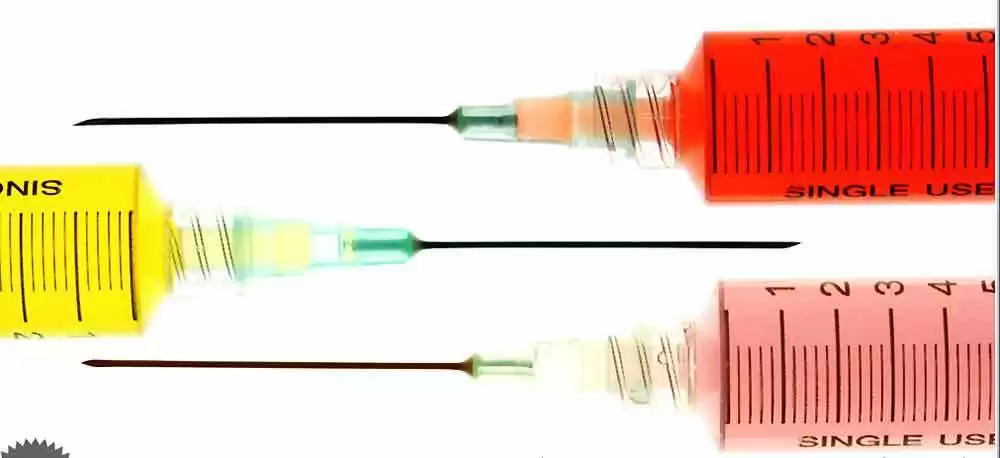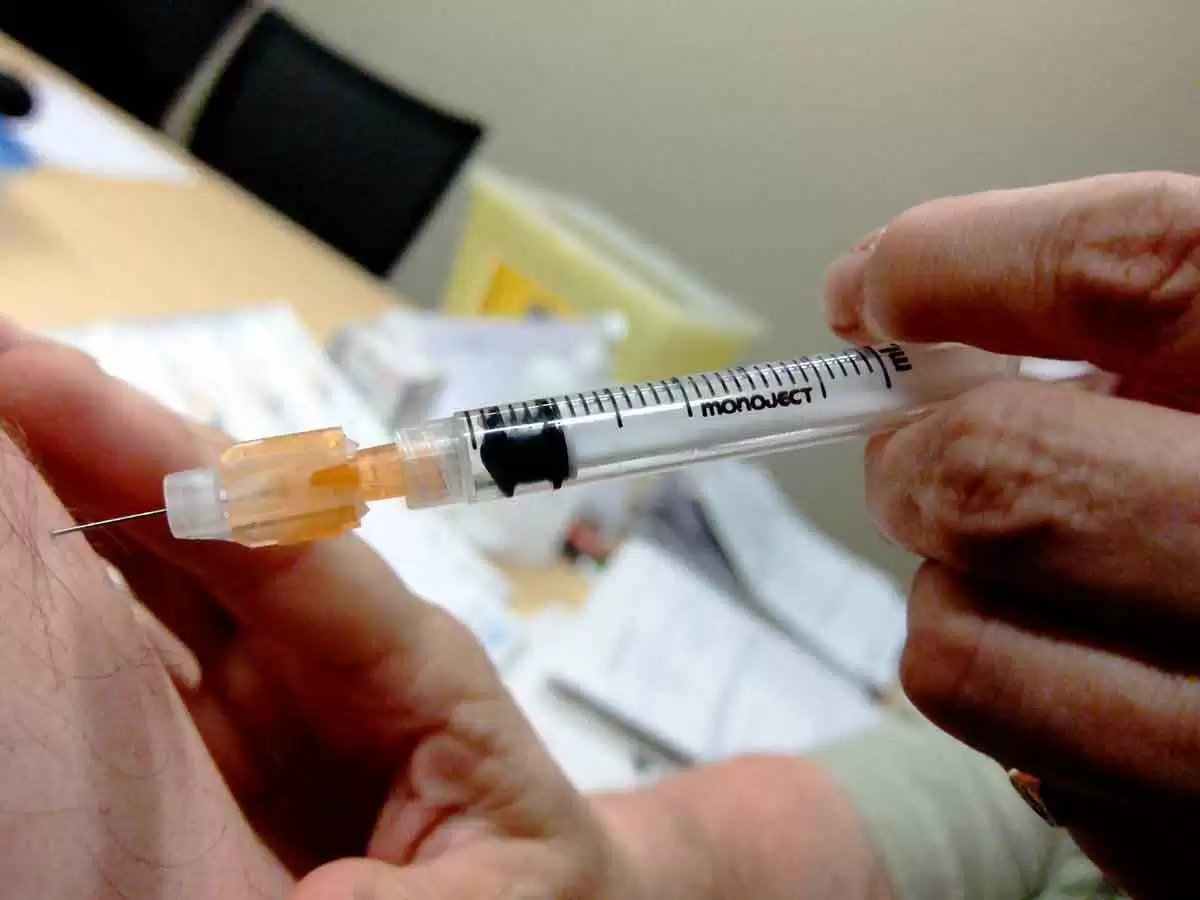
Celiac.com 07/26/2022 - Previous drugs designed to induce tolerance to gliadin have met with failure. Will the latest effort fare any better?
In people with celiac disease, gliadin-specific T cells drive an adverse immune response to gluten peptides, which can cause symptoms, long-term gut damage, and other related conditions. Currently, the only treatment for celiac disease is a gluten-free diet.
Celiac.com Sponsor (A12):
A new drug, KAN-101, designed to treat celiac disease by inhibiting a key celiac disease biomarker, has received fast track status from the FDA ahead of Phase 2 Trials slated for the second half 2022. Designed by Anokion SA, a clinical-stage biotechnology company focused on treating autoimmune disease by restoring normal immune tolerance, KAN-101 has been found to be safe, well-tolerated, and to provide the proper immune responses.
KAN-101 is designed to induce tolerance to gliadin, a core component of gluten, through natural pathways in the liver.
The Phase 1, randomized, double-blind, placebo-controlled trial enrolled a total of 41 individuals with celiac disease on a gluten-free diet in both single-ascending dose (SAD) and multi-ascending dose (MAD) cohorts. Findings from the Phase 1 trial showed that treatment with KAN-101 was safe and tolerated, and successfully reduced T cell responses following gluten challenge.
The primary endpoint of the Phase 1 trial is to assess the safety and tolerability of KAN-101, with secondary endpoints to assess KAN-101 serum concentrations and pharmacokinetics. Additional end points include the assessment of cytokines critical to both innate and adaptive immunity, T cell responses, and other serum cytokines and celiac disease symptoms.
Patients who recieved KAN-101 experienced dose-dependent reductions of gluten-induced plasma IL-2, a cytokine that is elevated in celiac patients after gluten ingestion, and which reflects severity of acute symptoms. Patients who received the 0.6mg/kg dose experienced statistically significant reductions of IL-2, compared to other groups
Administration of KAN-101 did not increase gut-homing CD8 T cell responses after gluten challenge, an indicator of immune response to gluten exposure in patients with celiac disease.
Stories about new drugs designed to induce tolerance to gluten always cause great excitement within the celiac disease community. However, previous drugs designed to induce tolerance to gliadin have met with failure.
Will the latest effort fare any better? Stay tuned for more as KAN-101 moves into its Phase 2 trial later this year.
Read more at Businesswire.com










Recommended Comments
Create an account or sign in to comment
You need to be a member in order to leave a comment
Create an account
Sign up for a new account in our community. It's easy!
Register a new accountSign in
Already have an account? Sign in here.
Sign In Now